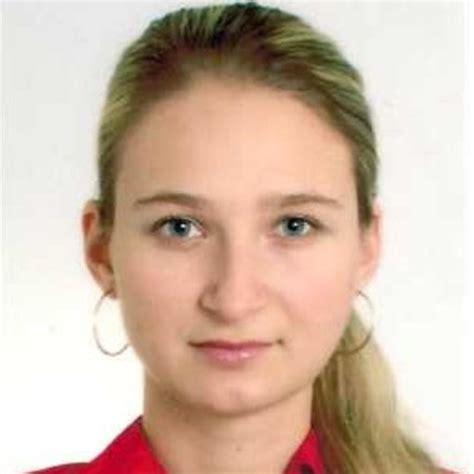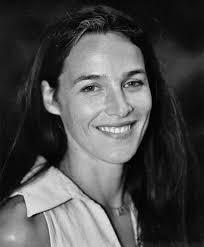AIDE, new exploratory action at Inria
Date:
Changed on 05/07/2021
AIDE means Artificial Intelligence Devoted to Education.
Frédéric Alexandre, Gérard Giraudon, Isabelle Mirbel, Margarida Romero, Didier Roy, Maryna Rafalska, et Thierry Viéville participent à ce projet.
We want to explore to what extent approaches or methods from cognitive neuroscience, linked to machine learning and knowledge representaion, could help to better formalize human learning as studied in educational sciences. In other words: we are taking advantage of our better understanding of how our brains work to help us better understand how our children learn. A vast program!
The focus here is on learning computational thinking, i.e., what to share in terms of the skills needed to master the digital world, not just consume or endure it, considering specific learning tasks modeling.
It's an exploratory subject. We are taking the scientific risk of looking at things differently.
For example, instead of using the so-called artificial intelligence mechanisms to try to make "assistants", i.e., algorithms to better learn, we start focusing on how formalisms from the field of "artificial intelligence" (numerical and symbolic) contribute to better understand how we learn.
But it is also a research with applications. Our hope is to contribute to the reduction of educational inequalities and improve school perseverance, focusing on transversal competencies, also called 21st century competencies which include computer thinking.

Maryna Rafalska has just been recruited as didactician in informatics at Université Côte d'Azur.

Isabelle Mirvel worked for a long time in the Wimmics team. She's now working in in the educational sciences department.

Didier Roy has an extremely rare profile of a college mathematics teacher, including in a difficult areas, who became an Inria researcher.